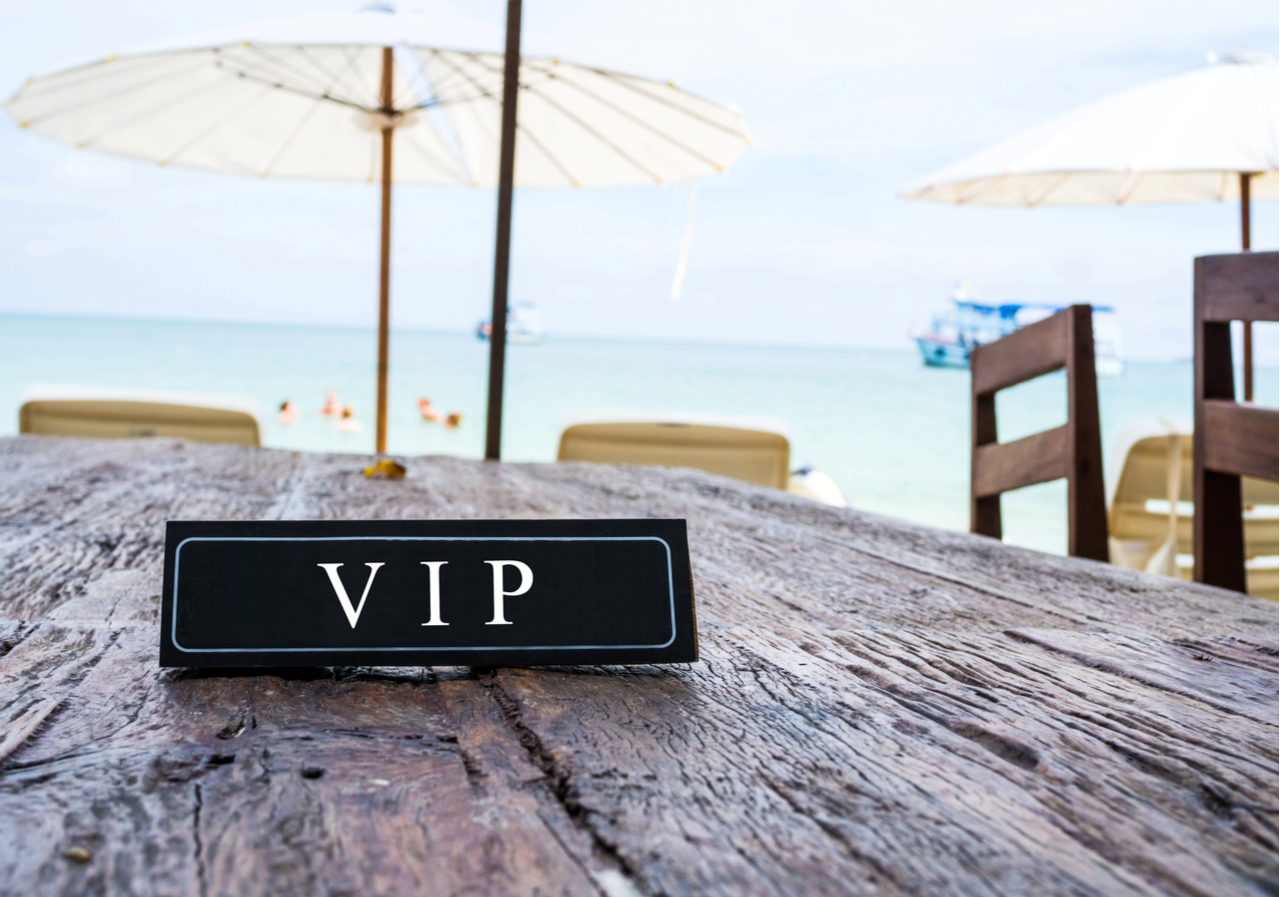Concierge businesses are lifestyle clubs that manage the private errands of their customers and meet the most exclusive requests. These clubs appeared in the US in the 1990s, later being successfully exported to the EU. Because of an extended period of growth in various financial hubs in Asia, the Middle East, and Latin America, various concierge clubs took their businesses globally, expanding into emerging markets. Having now an international clientele made of affluent consumers, clubs like Quintessentially Group and John Paul propelled growth in the industry.
China’s economic ascent has established a powerful social group made of young entrepreneurs who amassed their own resources rather than building on a massive generational wealth transfer. As expected, the rise of the nouveau riche class presented an opportunity for concierge clubs. Seeing that these luxury consumers didn’t understand the benefits that come with their wealth and were not familiar with premium services, concierge clubs hijacked the Chinese market. Progressively, the number of prosperous individuals who used concierge services increased until it created a booming industry.
Jean-Marc Jacot, the former CEO of Parmigiani Fleurier, told the Reuters Global Luxury Summit that “Luxury is not material,” while Steve Sadove, the former CEO of Saks Incorporated sees time as the ultimate luxury. Affluent shoppers from China are not different. In an ambitious society like modern China where the 12- hour, six-day-a-week work schedule is not uncommon, time is a luxury commodity. Insert here concierge clubs specialized in maximizing the clientele’s free time and you will have the recipe for success. Concierge businesses brought to the demanding Chinese consumer spare time — the only commodity that the elite still couldn’t gain. And in a competitive market as the luxury industry, businesses know it pays to differentiate, thus concierge clubs proposed not only impeccable services and expertise in lifestyle, but they also gave precedence to trust and confidentiality. This made concierge businesses a decisive force in the ever-expanding Chinese luxury culture.
If the initial requests were related to travel (hotel and private villas bookings, reservations at Michelin 3- star restaurants, and tickets for international events), nowadays, clubs handle everything, from mundane tasks such as finding babysitters and private tutors for kids to outrageous requests that seem to involve utterly expensive wedding proposals and unique shopping sprees.
According to China Daily, British concierge club Quintessentially notes that beyond the typical requests such as recommendations, bookings, and product research, members often have demands related to education, wellness, and philanthropy.
Considering that China’s re-emergence as a world power is unstoppable and the number of well-off individuals is rapidly climbing, concierge clubs have the unique opportunity to earn robust returns.
The intelligence and data company Wealth- X estimates that soon, China will host 32 of the world’s 40 high net worth cities increasing the number of high-net-worth individuals.
And despite China’s positive outlook, concierge clubs need to expect a series of challenges. The most significant provocation comes straight from the Chinese consumer who is more demanding and better informed than his Western counterpart, bringing an unprecedented focus on value and return of investment.
Despite risks and barriers to market entry, global leaders like Quintessentially and John Paul flourished in China, pioneering services competitors soon copied. Today, various businesses have come up with personalized concierge services. From real estate developers who offer a broad range of in-house services to members-only concierge clubs who cater to the needs of the uber-rich, China’s fast-growing concierge market is constantly expanding.
Quintessentially and John Paul are the global concierge leaders, serving a growing number of excessively wealthy clients. Unsurprisingly, these luxury lifestyle groups understand the Chinese consumer’s need for authenticity.
Quintessentially is a British luxury lifestyle group founded in 2000, in London. Today, it has over 60 offices worldwide and a decade of experience in China. The global concierge club is world-renowned for building exceptional brand identity by leveraging the holistic multichannel approach and prioritizing communication consistency. Seeing that we live in a demanding world, where millennials and Generation Z place adequate importance on social media platforms, while mature consumers require superior customer service without the hassle of digital connectivity, Quintessentially bridged the gap between online and offline, meeting specific target audiences in their natural habitat.
Kaimin Li, the newly appointed CEO of Quintessentially China & Macau is a trilingual (Chinese, French, and English) leader from the private aviation sector who traveled to over 100 countries in the past decade, and who believes that “Quintessentially has been fortunate to play a major role in the expanding private club space.” She told Jing Daily that a decade ago when the brand was inaugurated in China, “private clubs were mostly a closed-door mystique badge usually associated with property developments,” but private clubs are reemerging.
Today “the private clubs are rich in content, promoting opinion leadership and work collaboratively with each other,” said Kaimin Li. According to her, Quintessentially has “the advantage of a global network.” Li says that through the Quintessentially membership, associates have access and exposure “to key sectors such as Art & Culture, Bespoke Travel, Overseas Education, and Passion Investment opportunities.” And this accessibility offers leverage that is difficulty ignored by the upper-class. Andrew Quake, CEO Asia- Pacific for John Paul also understands the Chinese market and the demands of the growing elite class. Quake told Jing Daily that, “Clients in China today are a lot more discerning in their travel and lifestyle needs and are amongst the most digitally savvy people in the world.” Quake acknowledges that these market changes are beneficial for John Paul. Through an “extensive partnership network of over 10 000 partners globally,” John Paul guarantees that every customer will enjoy a reputable experience. By exceeding expectations and expecting personal passions, John Paul has built a brand focused on customized advantages.
“China is a key market globally for John Paul,” Quake said. “We have seen significant growth in our business in China–our team staff strength grew by 40 percent in the last 12 months.” But global players like Quintessentially and John Paul are not the only ones wanting to receive a piece of the highly lucrative Chinese pie. These days, most shopping malls, high-end hotels, and real estate developments come with concierge services. And as time has become life’s most high-priced commodity, it’s safe to say that the super-rich learned that delegation is a critical skill. In exchange for a hefty sum, these clients expect to receive personal help, discretion, and leisure time.

